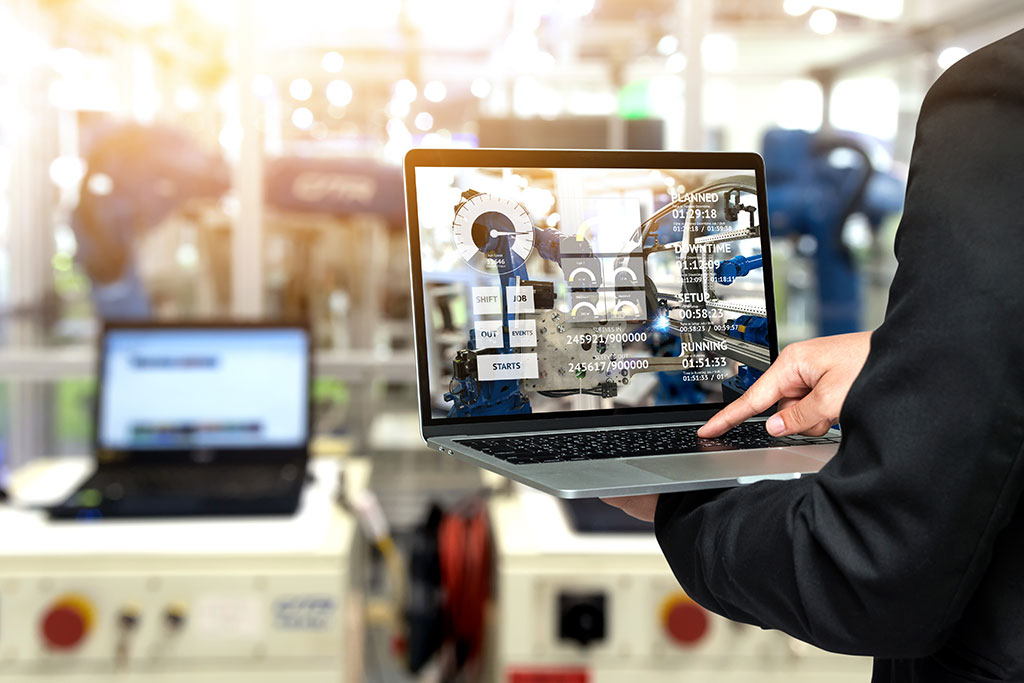Industry 4.0 reflects change within traditional production landscapes. Also known as the 4th Industrial Revolution, it involves three key technological trends: flexible automation, intelligence, and networking. Below are some digital manufacturing case studies of companies that embrace it.

Bosch Automotive Factory
Bosch operates an automotive factory in China where they have combined Big Data with IIoT to foment digital transformation. The firm achieved this by attaching its machinery so that production processes could be monitored within its plant core. Embedded sensors are used to obtain data regarding the machines’ conditions and cycle time.
Complex data analytics programs then process the information in real-time while notifying employees if bottlenecks are discovered within production operations. This approach allowed the company to accurately anticipate equipment failure. It also empowered the factory to plan maintenance operations to prevent unnecessary disruptions.
Team Penske
The power of digital manufacturing is even being felt on the racetrack, through a phenomenon called digital twins. Race car teams face stringent requirements when developing products. Penske, one of the world’s most prestigious race car groups, collaborated with Siemens to incorporate digital twins. Digital twins process their simulations online, which is determined by data gathered from sensors that are attached to machines. The data is sent in real-time, and Penske could continuously collect it and use the info to optimize their cars and newer components.
Fetch Robotics
Based in California, Fetch Robotics designed AMRs (Autonomous Mobile Robots) to move, track and locate inventory within logistics facilities and warehouses. AMRs work alongside employees and can learn information automatically. They also share information about the quickest travel routes. By utilizing robots this way, order cycle time is reduced by as much as 50 percent while doubling productivity. Robots continue to increase in complexity and will eventually be capable of handling even more advanced tasks.
BJC HealthCare
BJC HealthCare operates 15 hospitals in Illinois and Missouri, where they adopted RFID (Radio Frequency Identification) technologies. The goal was to seamlessly manage and track the huge number of healthcare supplies they have. RFID incorporates radio waves which can be used to capture and read the data that is stored in tags.
Before RFID, inventory tracking required considerable manual labor. Hospitals had to purchase products from different suppliers and much of it must be stored on-site. Medical product expiration dates are extremely important and must be monitored closely. If any stocks are lost or stolen, it increases the time that must be spent performing inventory checks.
Fast Radius
Fast Radius operates a Chicago facility which is considered one of the world’s best smart factories. They focus on additive manufacturing which utilize digital 3D models to produce components with three-dimensional printing layers through layers.
In addition to additive manufacturing, Fast Radius also provides injection molding and CNC machining services. These manufacturing capabilities make their organization well suited to drive innovation for mass product customization. However, the key to their success is the proprietary tech platform they use.



